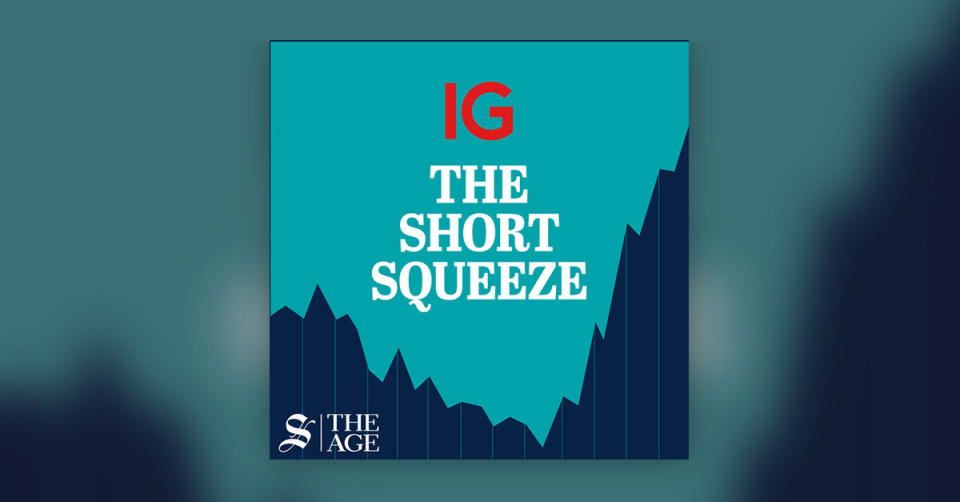The Short Squeeze: “The global growth health check”
China’s economic growth is looking promising, but Europe’s new lockdown rules are hampering the recovery of global markets.

If you want to know what to expect from the financial markets this week, but don’t have time to sift through the news to set yourself up for the trading week ahead, plug in to The Short Squeeze podcast. Hosted by The Age’s Lucy Battersby, who is joined by IG market analyst, Kyle Rodda, it fills you in on everything you need to know about the latest in the world of financial markets.

This week, Kyle and Lucy take a look at the events which will give us a health check on global economic growth. From China releasing its quarterly GDP, to the UK’s inflation being at a four-year low, Kyle suggests there are a few countries to pay particular attention to:
US
The major driver in global financial markets remains speculation about US politics, points out Kyle. As the polls are indicating a Biden victory at the November election, the markets seem less concerned about the possibility of a contested election result. They’re also looking more settled as it appears increasingly likely the Democrats will seize control of both houses of Congress, meaning a bigger spending government. A Biden government would also ease tensions with China, and Kyle predicts this would settle markets as we go back to a more rules-based system of trade.
China
China’s GDP for the quarter will show a strong economic rebound, as it’s predicted to have expanded by 5.5 per cent on a quarter over year basis – up 3.2 per cent from last quarter. The market is relying on Chinese economic recovery to be the lynchpin of the industrial rebound, and it’s predicted that this will help drag Australia out of recession. But it’s not all good news on home soil. There’s an increasing list of Australian export products that have been banned by China, now including coal, cotton and beef. Kyle suggests China has a double-pronged motivation for doing this; first and foremost it’s a political move, as they react to Australia pushing for an enquiry about the origins of COVID-19. It’s also a long-term strategic economic plan. China are securing their own industries and shoring up their own supply chains, so they have security over their own interests as we enter a more fragmented economic world. This has wobbled the market at home, as Australian companies have seen shares drop as the bans come into place.
UK and Europe
The UK has an inflation rate of 0.2 per cent, which is at a four-year low. Compounded by the fact they have had a spike in coronavirus infections, along with other parts of Europe, this is not good news for them - and it’s also cast serious doubts over the recovery of the global economy. These second and third waves of COVID-19 have enforced the need for a vaccine as an essential part of the market’s recovery. US pharmaceutical company Pfizer have offered some hope, suggesting they could release a vaccine as early as November, giving the market some buoyancy.
IG is committed to educating traders to be informed about the global financial markets.
Listen or subscribe to The Short Squeeze every week.
The information above does not contain (and should not be construed as containing) personal financial or investment advice or other recommendation, or an offer of, or solicitation for, a transaction in any financial instrument. No representation or warranty is given as to the accuracy or completeness of the above information.

 Yahoo Finance
Yahoo Finance 